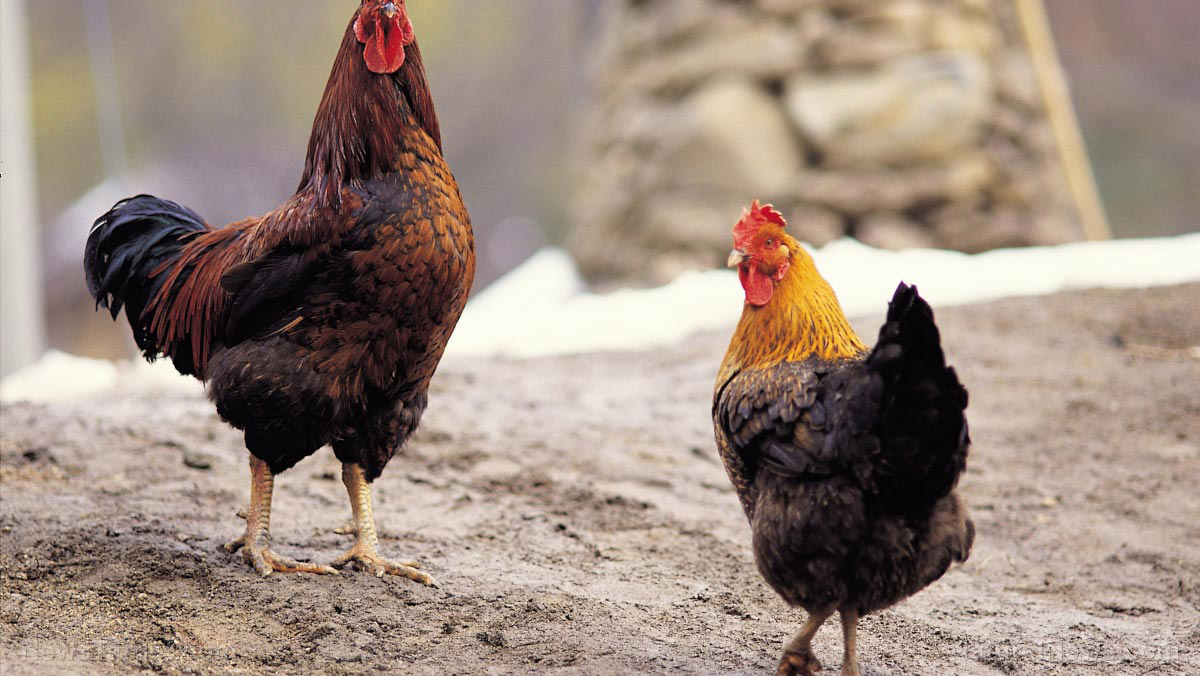
But you might be wondering if you need to rotate your vinegar stockpile. After all, many bottles of vinegar at the supermarket have an expiration date. So can vinegar actually go bad? (h/t to FoodStorageMoms.com)
Does vinegar go bad?
Vinegar has an almost indefinite shelf life. According to the Vinegar Institute, it is self-preserving and does not need refrigeration due to its acid nature. White distilled vinegar will remain virtually unchanged over an extended period of time, meaning you can still safely use it well past its "use by" date.
But you might observe some changes in other types of vinegar. Some become cloudy while others change color, but these products are still safe for use. Some also develop a slimy substance called the "mother" after you open the bottle. It may look dangerous but it is actually harmless. In fact, you can even use the mother to make your own vinegar.
Take note that vinegar that has been tampered with or not stored properly may not be safe for use. While vinegar does not need refrigeration, it still needs proper food storage. Place your vinegar supplies in a cool, dark place to help retain their quality. Once you’ve opened a bottle, make sure that you tightly seal the cap after every use. (Related: Food storage tips and tricks for preppers.)
Types of vinegar and their uses
Take a look at some of the types of vinegar and how you could use them around the house:
- Distilled white — This vinegar is best used for cooking and cleaning household surfaces. With its strong flavor, it's excellent for making ketchup and salad dressing. When combined with baking soda, it can remove tough stains, grease and burnt bits stuck on cooking pans.
- Apple cider — This vinegar is often used to make salad vinaigrettes, potato dishes and flavored meats. It is also used by many people to boost weight loss, improve their gut health, fight diabetes and keep their hair healthy.
- Balsamic — This vinegar works great as a salad dressing or as a tasty marinade for your favorite meat. When exposed to the air for some time, its color becomes darker, its consistency thicker and its flavor sweeter.
- Rice vinegar — Fermented from rice wine, this vinegar is sweeter and less acidic than most types of vinegar. There are several varieties of rice vinegar, all of which work great in foods like stir-fry veggies, noodles and salads.
- Red wine vinegar — This vinegar is made by fermenting red wine. Tangy and sour, red wine vinegar is commonly used in salads, marinated meats and slow-cooked dishes.
- White wine vinegar — This vinegar is made by fermenting white wine. It has a lighter flavor than distilled white vinegar and apple cider vinegar. Use it for salads, marinated meat and specialty sauces.
- Champagne vinegar — This vinegar is made by fermenting champagne. It has a light, sweet flavor that goes well in salads.
- Malt vinegar — Made from fermented malt, this vinegar is commonly used for pickling and for topping fish.
- Cleaning vinegar — This vinegar is strictly for cleaning and gardening. It's great at removing tough stains and garden weeds.
Vinegar is a flexible kitchen item that's made more valuable due to its indefinite shelf life. Stock up on vinegar and be sure you have enough food supplies for emergencies.
Sources include:
Please contact us for more information.





















